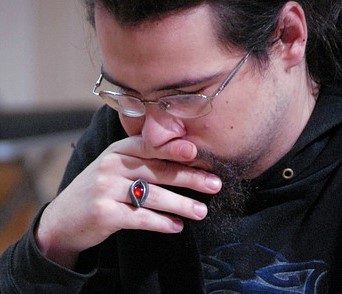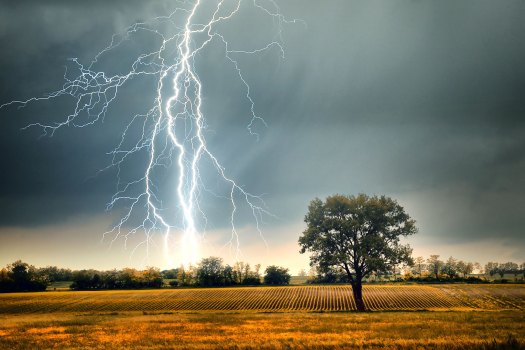
Sometimes when we sit down to write, we get lost and wonder, “Where do I start?”
One answer: Choose a natural starting point.
When we read a good novel, it all seems to unfold so naturally from the first sentence, so why do we have a difficult time getting started? We need to remind ourselves that famous authors are faced with the same problem. Don’t laugh now, but they have editors to help them, too.
Think about real life. No significant episode in your own life sprung up from nothing; things happened that shaped the current event, and things happened afterward as a result of it. Think about your story in the same way. The characters have pasts and futures (unless you plan to kill them). Places, too, have pasts and futures. Therefore, every good storyteller jumps into his story midstream. Knowing this can help you relax about picking a starting point.

For example, I’m writing about Abraham, and I start with him as an adult in the desert with his camel when God speaks to him. Abe begins mulling over world events and planning his escape from Ur of the Chaldees without being caught. With that setting as my anchor, I build the story.
If you’re unsure where to begin, pick a scene you know you’re going to put in—you just don’t know where yet—and start writing it. You might discover your Chapter One right there. And even if you don’t, you’ll have story material for that scene when the time comes.
Or……
Write several character sketches. You need them anyway, and they’re great warm-ups for Chapter One. Ask yourself: What will this character be doing when we first meet him? Write it. Again, you might find yourself writing Chapter One…or Chapter three. But start.
Your could even do a Chapter-One-Only brainstorm and see what comes out.
You can write a great story starting from any of several places. But wherever it is, start with action! That will help you to …
Write Creatively.





